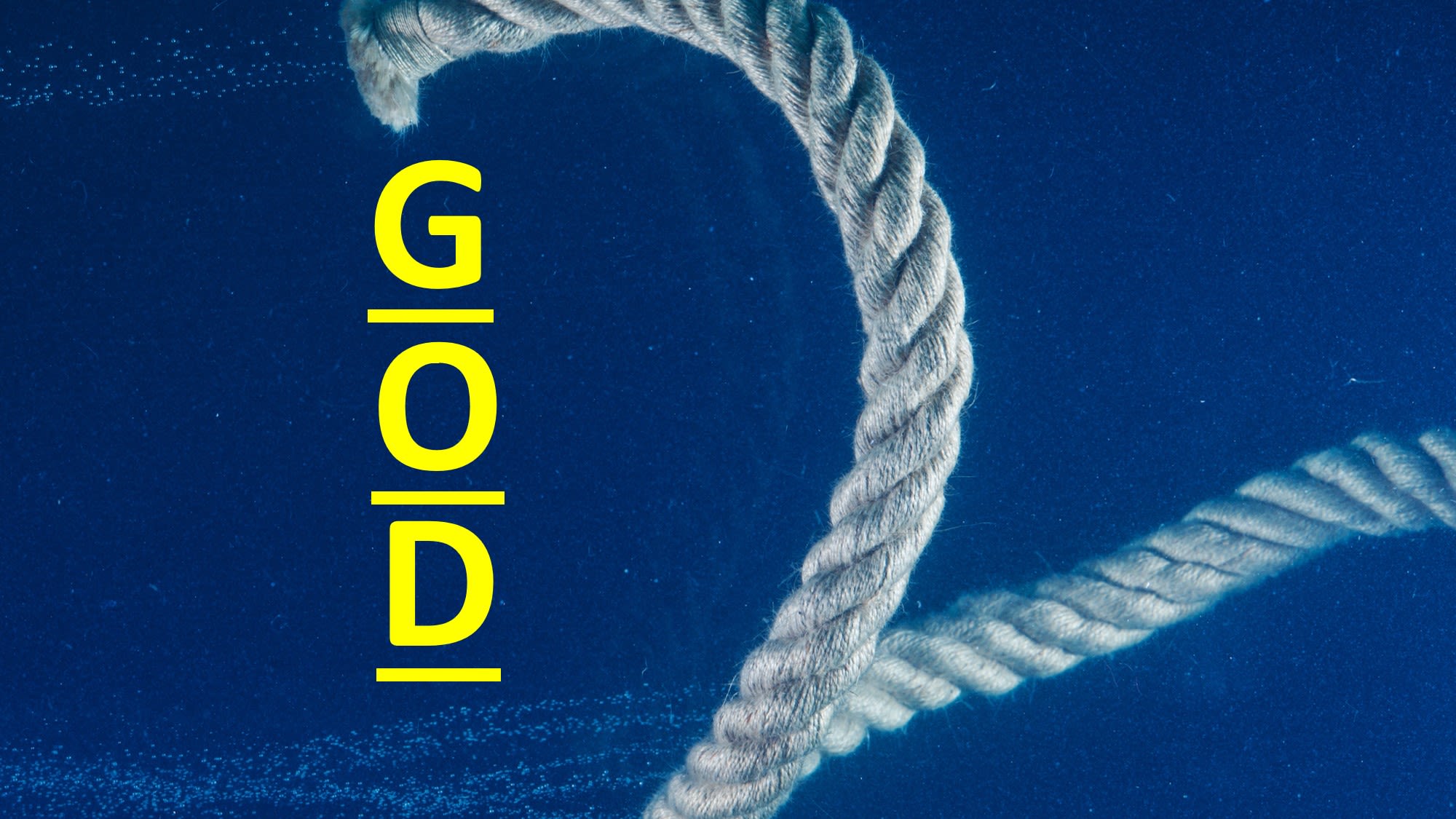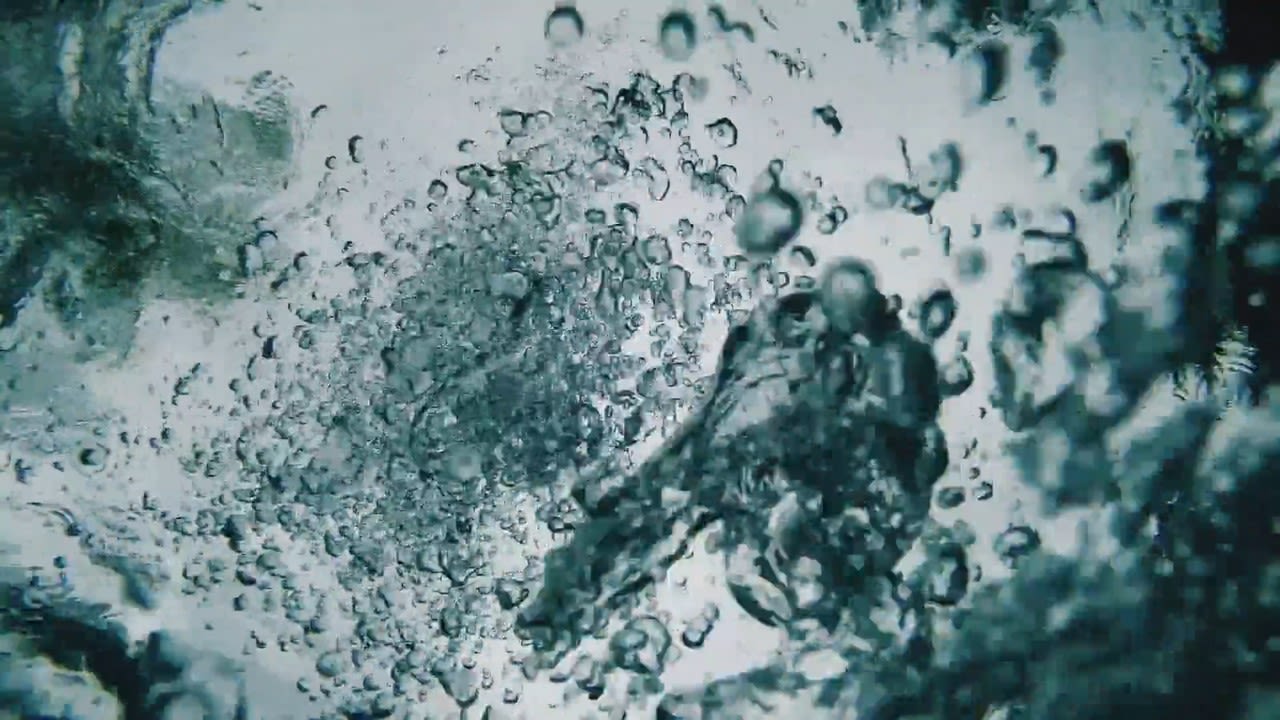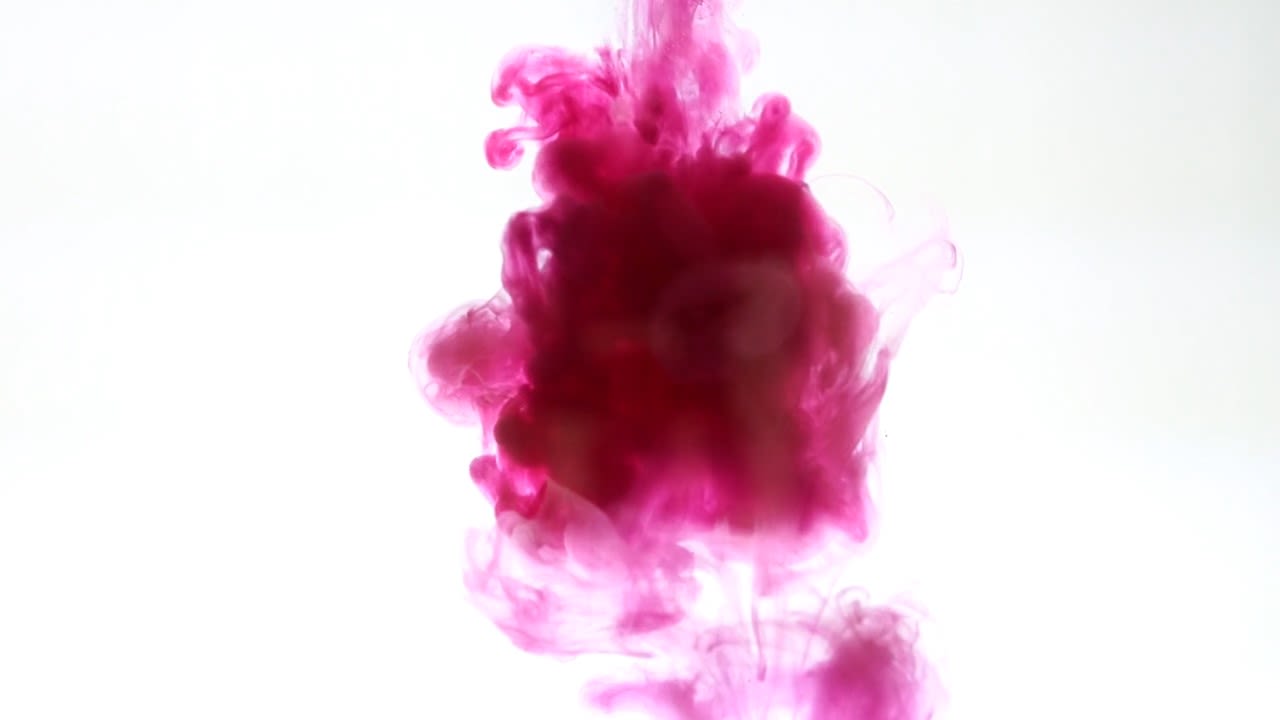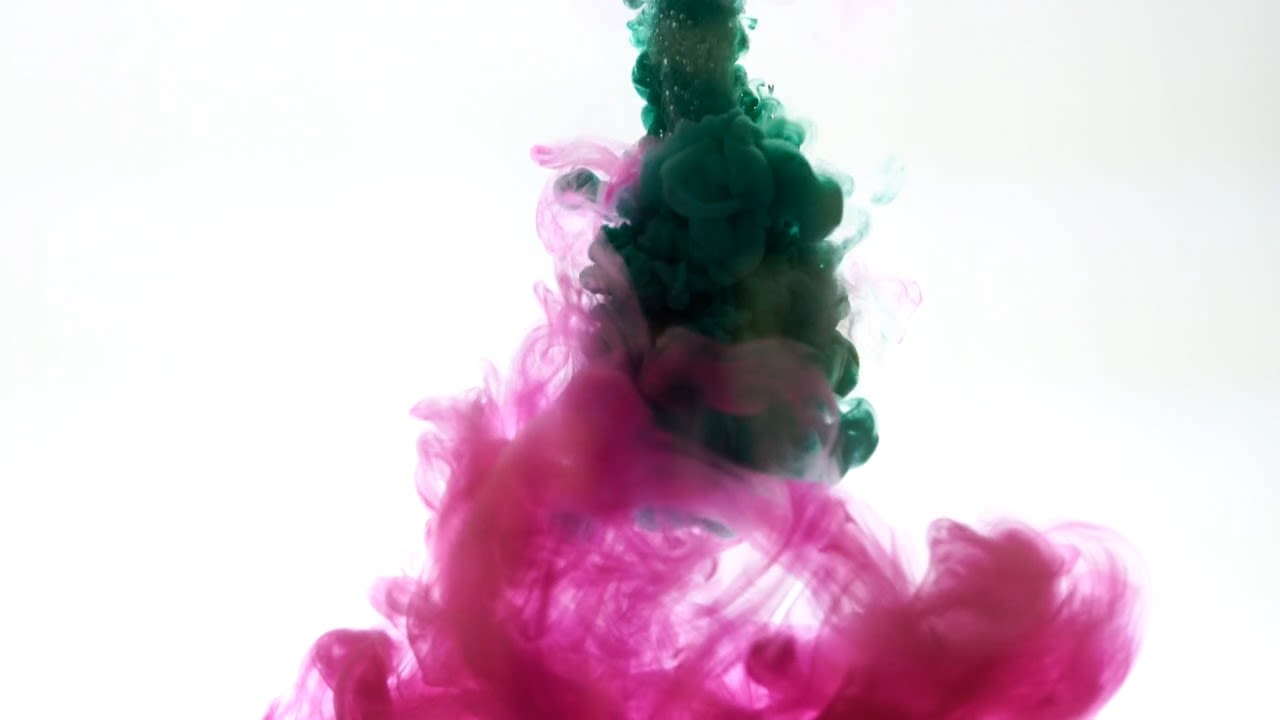Stepping into the Flow
12-Steps from Recovery to Rediscovery
for Folks Dealing with Addiction.
Another way to Step ... Part Two
Please continue your SLOW SCROLL
with me .

"We made direct amends to such people wherever possible, except when to do so would
injure them or others."
— Step Nine

We would never in a million years have been able to sit down with the people we have harmed and make direct amends without the spiritual and soulful preparation we got from the previous steps. If we had not done the work of admitting our own limitations, we wouldn't now have a foundation on which to stand while we make our amends. If we had not developed a relationship with the Higher Power of our understanding, we wouldn't now have the faith and trust we need to work the magic of Step Nine.
If we had not done our Fourth and Fifth Steps, we would probably still be so confused about our personal responsibility, we might not even know for what we are making amends. If we had not developed humility in the Sixth and Seventh Steps, we would probably approach our amends with self-righteousness or anger and wind up doing more damage to others and ourselves.
The willingness we gained through our acceptance of personal responsibility made it possible for us to make our Eighth Step list. That list was our practical preparation for working the Ninth Step. The final preparations we are about to do in this step, before we actually make our amends, are mostly to strengthen what is already a part of us.
The level at which we are able to practice the principle of forgiveness, the depth of insight (see within ourselves and discovering stuff) we have, and the amount of self-awareness we are able to maintain throughout the amends process will depend on our previous experience with the Steps and how much effort we are willing to put into our recovery and rediscovery of the precious jewels of life and well-being that are within our reach.


The Ninth Step is not a step that can be neatly contained within a particular time frame. We don't write our Eighth Step list and then BAM! start making amends, crossing off "completed" ones like we would items on a shopping list. In fact, many of our amends will never be completed. Our efforts will go on throughout recovery. For instance, if we need to make amends to families, we will spend the rest of our lives practicing spiritual or soulful principles that will bring real change to the way we treat people and how they see us and treat us.
Each day that we make an effort to keep from hurting our families and try to practice loving behavior with them is another day when we have continued making our amends to our families. Another way to put this, is that we reflect G-O-D (you know, Good Orderly Direction) in all our interactions with family members. Don't worry about the pay-off. Trust me, it will come sooner or later, once your family begins to trust that you are consistent in your G-O-Dly behavior.
We are not sure how we are going to feel immediately before the amends, during the amends, and after the amends. We may feel wildly overconfident at one moment and then, the next moment, feel totally unable to go on with the Ninth Step. This is a time when it's very important to understand that the way things feel is not necessarily the way things are. Just because we feel afraid doesn't mean there is truly something to fear. On the other hand, feeling excited and happy won't necessarily reflect the reality of making our amends. It's best to let go of all our expectations about how our amends will be received and LET THE FORCE BE WITH YOU.


"We continued to take personal inventory and when we were wrong we promptly admitted it." — Step Ten

Through working the first nine steps, our lives have changed dramatically—way beyond what we expected when we first started to go with the flow of G-O-D. We have become more honest, humble, and concerned about others, less fearful, selfish, and resentful. But even such profound changes aren't guaranteed to be permanent. Because we have the brain disease of addiction, we can always return to what we were before. Recovery has a price—it demands our vigilance (keeping close watch on ourselves).
We have to continue doing all the things we have been doing for our recovery so far. We have to continue to be honest, to have trust and faith, to pay attention to our actions and reactions, and to assess how those are working for us or against us. We also have to pay attention to how our actions affect others. When the effects are negative or harmful, we promptly step forward and take responsibility for the harm caused and for repairing it. In short, we have to continue to take personal inventory and promptly admit our wrongs.
The Tenth Step will keep us aware of ourselves so we don't end up going to either extreme. We don't have to beat ourselves up because we feel badly. We can instead focus on the positive action we are taking. It may even turn out that by shifting our focus this way, we will wind up feeling better,too. Staying aware of what we're doing helps us see patterns of destruction long before they become entrenched, so we don't wind up feeling good at the cost of what is good for us.
Addicts tend to make judgments about what they are feeling. Anything that feels bad they immediately want to stop. We often don't take into account that the way we are feeling makes perfect sense when we consider the circumstances. For instance, many of us have problems being angry. We don't like the way it feels. We judge it, concluding we have no right to feel that way, and then we do our very best to suppress our angry feelings. Yet, we may be experiencing a situation that would make any one angry.


Perhaps we are in a relationship with someone who constantly fails to treat us with respect. Perhaps we have been passed over for several well-deserved promotions at work. Our response to these situations is anger. We have been treated poorly—of course we're angry. Now comes the moment when our recovery can propel us forward into greater self-respect or our disease can drag us down into a thick fog of depression and resentment.
If you have spent a lot of quality time Stepping into the FLOW, you have developed a good awareness and sense of when you are not in the FLOW. These times are powerful times to admit to yourself 'HEY, GET BACK INTO THE FLOW!'. It may also be a powerful time to admit you are wrong to someone else. It will shock them and warm their heart. You will feel that warm energy of G-O-D flowing through your body.
Another way is to keep check on yourself by asking 'AM I IN THE FLOW?' until it becomes second nature. Until it is second nature, staying in the flow can be helped by avoiding what can H-A-L-T [ Hunger - Anger - Loneliness - Tiredness ] your flow.


"We sought through prayer and meditation to improve our conscious contact with GOD as we understood GOD to be, praying only for knowledge of GOD's will for us and the power to carry that out." — Step Eleven

Step Eleven says that we already have a deep feeling of a connection with the GOD of our understanding, and that the task before us, now, is to improve that connection. We began to develop our conscious awareness of a Higher Power in Step Two. We learned to trust that Power for guidance in Step Three, and relied on that Power many times for many other reasons in the process of working through the steps and staying in the FLOW of Good Orderly Direction. Each time we called upon our Higher Power for help, we improved our relationship with our Higher Power.
Step Eleven recognizes that reaching out to GOD of our understanding, referred to most simply as prayer, is one of the most effective means for building a relationship with GOD. The other means put forth in this step is meditation. In this step, we will need to explore our own concepts of prayer and meditation, and make sure they reflect our spiritual path. For those us who pray, we know that praying is talking to GOD. For those of us who meditate, meditation is setting ourselves up to listen to GOD.
How To Pray
More on How To Pray
How To Meditate
More on How to Meditate




LET GO AND LET G-O-D run your life. It won't ruin your life. It will create new life. You will find yourself losing yourself in the enjoyment of rediscovery. You will become amazed at how precious your life event is and your opportunity to participate in and witness this awesome reality, if you really think deeply about life in general.
Our practices in this step show up in every area of our lives. From the regular practice of meditation, we may notice that we are able to listen more attentively to what others have to say. We have some experience with quieting our minds and so are able to do so in many places. We no longer find ourselves so consumed with planning what we'll say when it's our turn that we are unable to listen to others.
We begin to be satisfied with our lives. We no longer feel such an urgency to control things. We're focused on a higher purpose instead of on ourselves. Our regrets begin to disappear. Our active addiction no longer seems like such a tragedy and a waste as we see how we can use that experience to serve a higher purpose: carrying the message to the addict who still suffers. In Step Twelve, we will explore some ways of doing that, and see how practicing the principles of recovery is essential to such an effort.




"Having had a spiritual awakening as a result of these steps, we tried to carry this message to addicts, and to practice these principles in all our affairs." — Step Twelve

You begin to amaze yourself that you have not been checking on yourself as of late because you realize that you are naturally in the flow of G-O-D. You feel like you are one with the FLOW and you want and feel compelled to help others get to and experience their own FLOW.
Step Twelve is all about the feeling of being part of the FLOW and the energy of the SPIRITUAL AWAKENING that seems to radiate from you. Your sense of awakening makes it hard to keep this feeling to yourself. Keeping it to yourself could be considered selfish, but do what you feel is comfortable and don't rush it. By being selfless, you lose yourself in the joy of being the ME YOU WANT TO BE, and helping others to do the same.
MAY THE FORCE OF THE FLOW BE WITH YOU.
We try to help others by sharing our experience and telling the story of our journey of recovery and rediscovery. We try to avoid judging others. WHO ARE WE TO JUDGE, knowing where we came from?
We stay aware of others who lack peace. We look for opportunities to share a piece of our peace with others. Others may seek you out because they have been checking you out and how you have changed and stayed with that change over time. Whether that person needing peace in their life wants to hear more of our story is not up to us. We will leave that to Good Orderly Direction, the predominant force in our reality and the universe that we know of.




We have come to the end of our slow scroll on Stepping into the Flow; 12-Steps from Recovery to Rediscovery for folks dealing with Addiction. I hope your scrolling with me was worth your time and energy. May the force of the FLOW of G-O-D be with you and those whose lives you impact in a positive way.
CLICK HERE TO RETURN TO PART ONE
CLICK HERE TO RETURN TO O-A-T-H WEBSITE
Presenter: Walter J. Clark, Jr., MD, MSHCM, Board Certified in Addiction Medicine & Internal Medicine.


